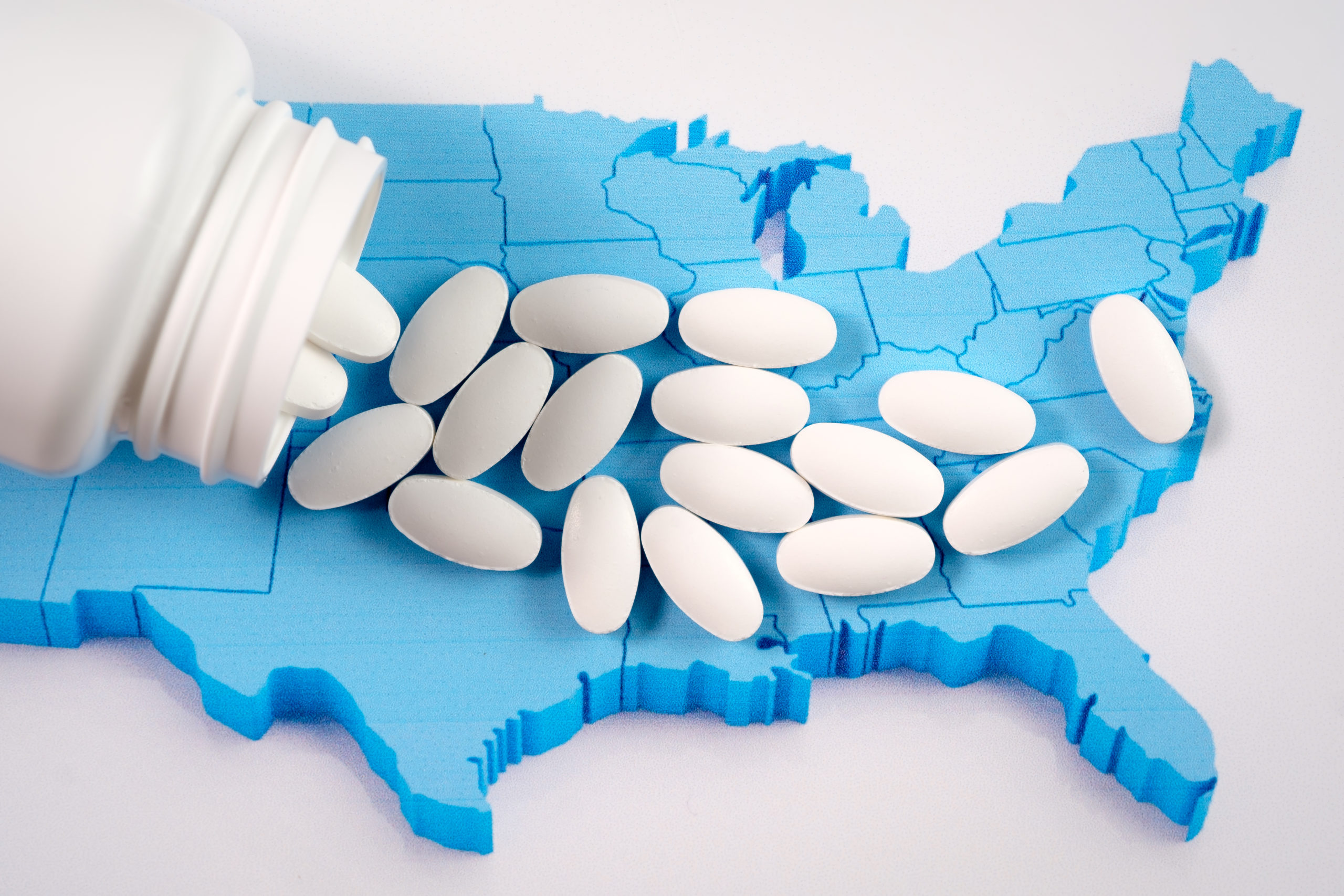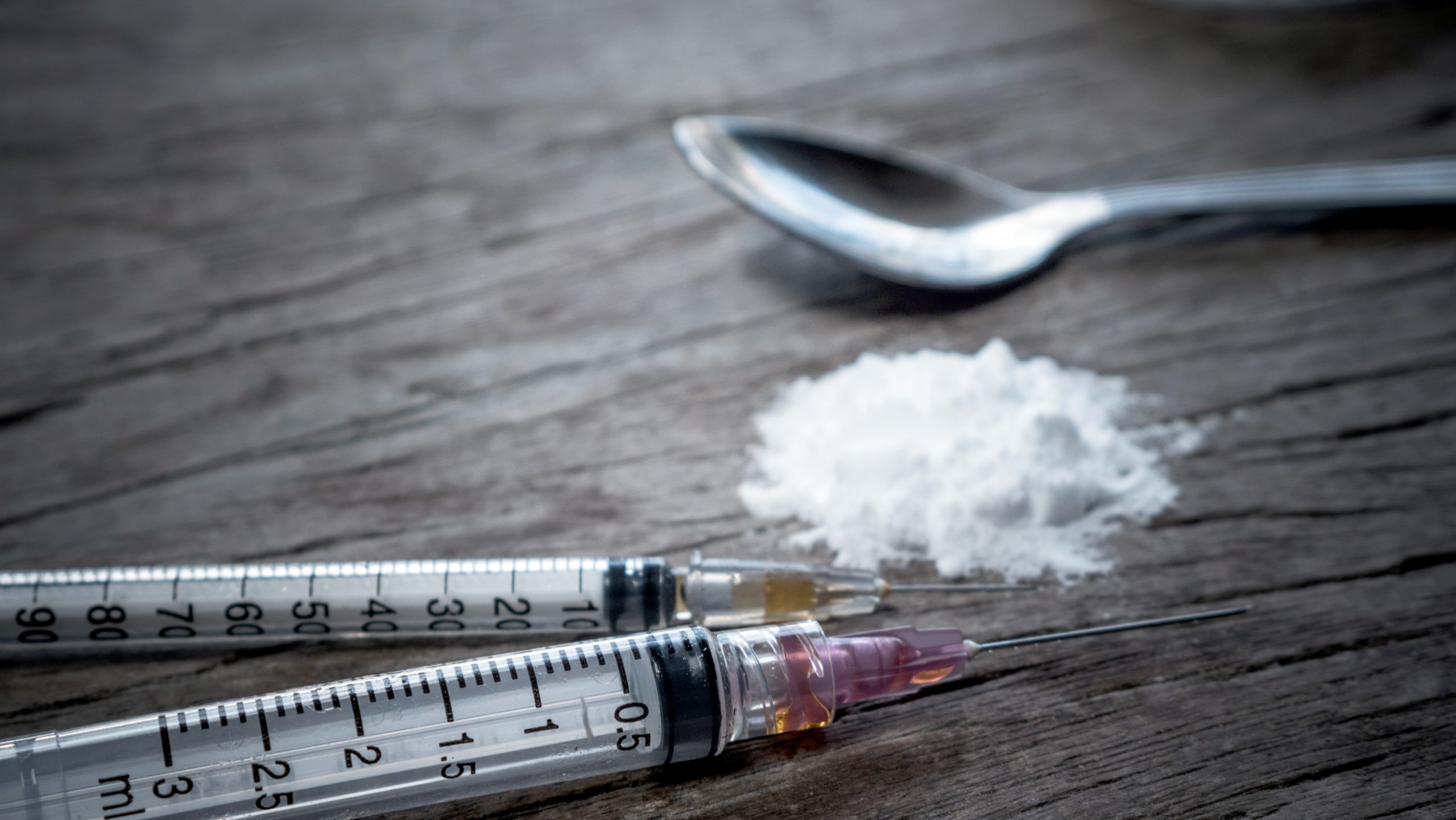It’s not as simple as drawing a line in the sand and saying on one side stands the social drinker and on the other the alcoholic. That one additional drink magically transforms you from a normal drinker to a problematic one.
Life isn’t that black and white, and drinking, like everything else in this world, exists in shades of gray. Along a spectrum. That said, there’s no doubt a difference between the two types of drinking but a person doesn’t necessarily switch overnight, they slip slowly, perhaps even imperceptibly, into alcoholism.
While not being a literal line with an actual number of drinks attached to it, there certainly is a threshold people cross in their relationship with alcohol.
So, what changes?
Establishing the Social Drinker
The social drinker has no real reliance on alcohol. Drinking is a compliment to their activity and not the reason they’re doing something. If they’re out with friends and the alcohol were removed, they’d still be having a good time. In other words, alcohol isn’t the star of their show.
They’ll have a casual beverage to socialize, kick back and relax or relax but they don’t require or default to alcohol to do those things.
They choose when they drink and drinking doesn’t get in the way of their work-life, their family life or their commitments.
Social drinkers have a clear ability to stop or moderate their drinking.
As far as definitions go, the National Institute on Alcohol Abuse and Alcoholism defines moderate alcohol consumption as, “up to 1 drink per day for women and up to 2 drinks per day for men”.
Establishing the Alcoholic
Since we touched on the definition of moderate drinking, what defines heavy alcohol use? The Centers for Disease Control and Prevention says, “for men, heavy drinking is typically defined as consuming 15 drinks or more per week. For women, heavy drinking is typically defined as consuming 8 drinks or more per week”.
Think about that for a second. Is it surprising that the amount of drinks that constitute heavy alcohol use in the eyes of the CDC is just having essentially 1 more drink per day than a moderate drinker?
Heavy use doesn’t automatically make someone an alcoholic though, it’s less about the number and more about that relationship with drinking. That said, binge drinking and heavy alcohol use can increase an individual’s risk of alcohol use disorder.
The alcoholic’s relationship with alcohol is substantially different than that of the social drinker.
Drinking is the reason they’ll participate in things and when they drink it’ll be with the intent to get drunk. They’ll drink alone. Their tolerance to booze will grow and they use drinking as a coping mechanism to deal with issues with all sorts of issues, from stress to being alone to anxiety about socializing. Drinking is the crutch they lean on.
Alcohol will have a substantial effect on their work and personal life. Maybe not from the outset but it’s often only a matter of time until someone slips up in their alcoholism/alcohol use disorder.
In other words, what defines the alcoholic is dependency.
How to Get Professional Help With Alcoholism
Alcohol use disorder is a scourge that affects 14.4 million adults in the United States and about 88,000 people die from alcohol-related causes annually, but it’s not something you have to suffer through alone or silently. If you’re concerned you may have gone over that line yourself or have a loved one you think may be teetering on the brink, give us a call at Newport Beach Recovery Center. Our team has over 30 years of combined experience in treating alcoholism and is always available.








